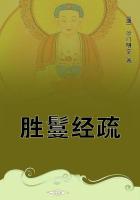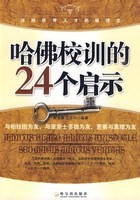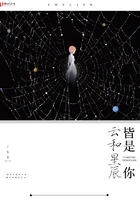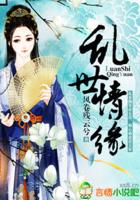Besides, to Elizabeth, who had never seen her, and who consequently could only judge by hearsay, this beauty was a great cause of uneasiness and of jealousy, which she could not even disguise, and which showed itself unceasingly in eager questions. One day when she was chatting with James Melville about his mission to her court, Mary's offer to be guided by Elizabeth in her choice of a husband,--a choice which the queen of England had seemed at first to wish to see fixed on the Earl of Leicester,--she led the Scotch ambassador into a cabinet, where she showed him several portraits with labels in her own handwriting: the first was one of the Earl of Leicester. As this nobleman was precisely the suitor chosen by Elizabeth, Melville asked the queen to give it him to show to his mistress; but Elizabeth refused, saying that it was the only one she had. Melville then replied, smiling, that being in possession of the original she might well part with the copy; but Elizabeth would on no account consent.
This little discussion ended, she showed him the portrait of Mary Stuart, which she kissed very tenderly, expressing to Melville a great wish to see his mistress. "That is very easy, madam," he replied: "keep your room, on the pretext that you are indisposed, and set out incognito for Scotland, as King James V set out for France when he wanted to see Madeleine de Valois, whom he afterwards married."
"Alas!" replied Elizabeth, "I would like to do so, but it is not so easy as you think. Nevertheless, tell your queen that I love her tenderly, and that I wish we could live more in friendship than we have done up to the present". Then passing to a subject which she seemed to have wanted to broach for a long time, "Melville," she continued, "tell me frankly, is my sister as beautiful as they say?"
"She has that reputation," replied Melville; "but I cannot give your Majesty any idea of hex beauty, having no point of comparison."
"I will give you one," the queen said. "Is she more beautiful than I?"
"Madam," replied Melville, "you are the most beautiful woman in England, and Mary Stuart is the most beautiful woman in Scotland."
"Then which of the two is the taller?" asked Elizabeth, who was not entirely satisfied by this answer, clever as it was.
"My mistress, madam," responded Melville; "I am obliged to confess it."
"Then she is too tall," Elizabeth said sharply, "for I am tall enough. And what are her favourite amusements?" she continued.
"Madam," Melville replied, "hunting, riding, performing on the lute and the harpischord."
"Is she skilled upon the latter?" Elizabeth inquired. "Oh yes, madam," answered Melville; "skilled enough for a queen."
There the conversation stopped; but as Elizabeth was herself an excellent musician, she commanded Lord Hunsdon to bring Melville to her at a time when she was at her harpischord, so that he could hear her without her seeming to have the air of playing for him. In fact, the same day, Hunsdon, agreeably to her instructions, led the ambassador into a gallery separated from the queen's apartment merely by tapestry, so that his guide having raised it. Melville at his leisure could hear Elizabeth, who did not turn round until she had finished the piece, which, however, she was playing with much skill.
When she saw Melville, she pretended to fly into a passion, and even wanted to strike him; but her anger calmed down by little and little at the ambassador's compliments, and ceased altogether when he admitted that Mary Stuart was not her equal. But this was not all: proud of her triumph, Elizabeth desired also that Melville should see her dance. Accordingly, she kept back her despatches for two days that he might be present at a ball that she was giving. These despatches, as we have said, contained the wish that Mary Stuart should espouse Leicester; but this proposal could not be taken seriously. Leicester, whose personal worth was besides sufficiently mediocre, was of birth too inferior to aspire to the hand of the daughter of so many kings; thus Mary replied that such an alliance would not become her. Meanwhile, something strange and tragic came to pass.













